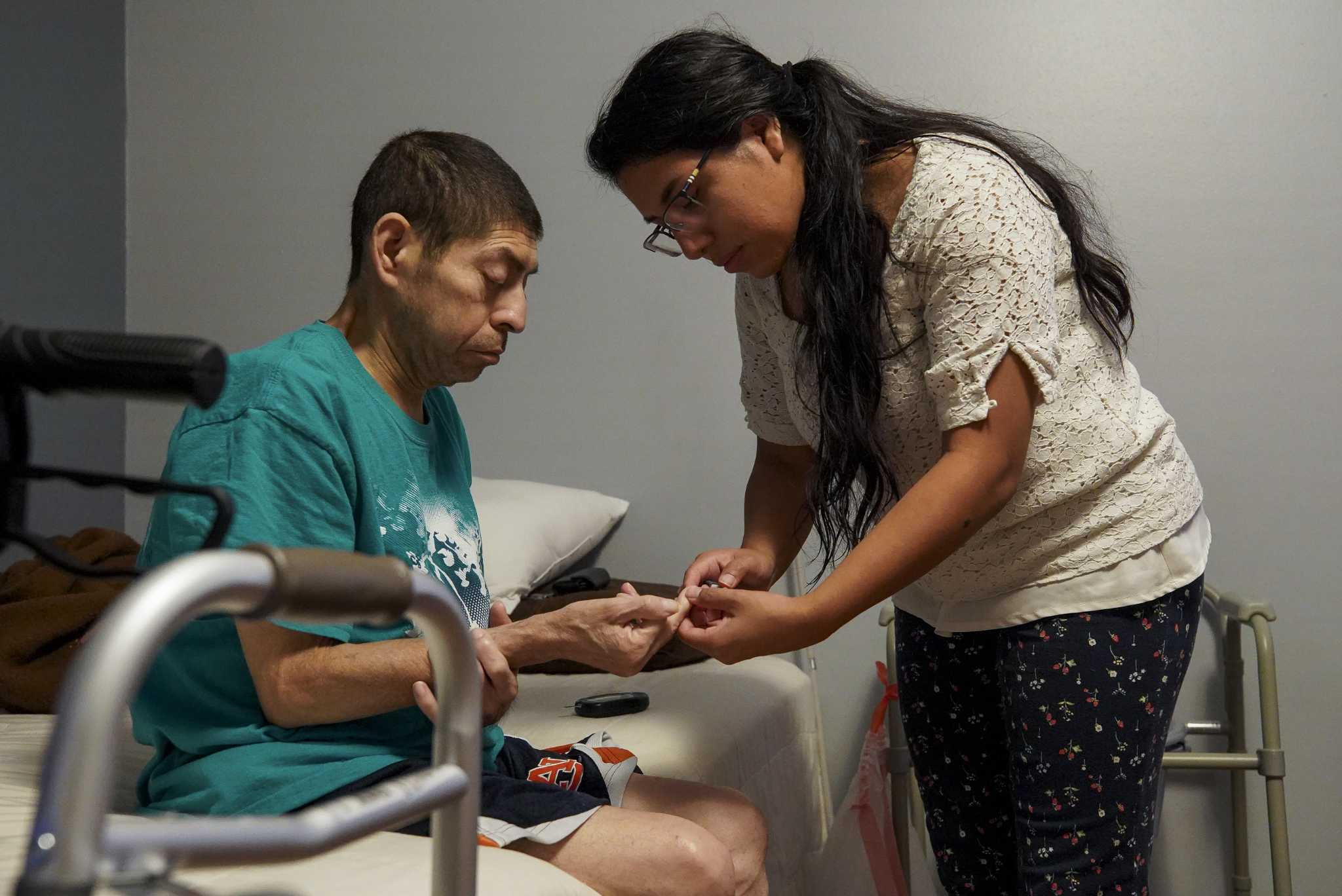
Caregiving in the U.S. 2020 reports Hispanics are the youngest caregivers and experience more financial impacts than non-Hispanic Whites
WASHINGTON: A new study from the National Alliance for Caregiving (NAC) and AARP finds that the number of family caregivers caring for an adult or child with special needs in the United States increased by 9.5 million from 2015 to 2020 and now encompasses more than one in five Americans.
When looking at caregivers for adults only, Hispanics make up about 17% of the estimated 47.9 million family caregivers of persons age 18 and older. Caregiving in the U.S. 2020 also reveals that family caregivers are in worse health compared to five years ago. As the demand for caregiving rises with an aging population, more must be done to support this vital work. The report highlighting the nearly 48 million caregivers caring for someone over the age of 18 is available here.
“This pandemic has highlighted the hurdles family caregivers face while trying to keep themselves and their loved ones safe,” said Yvette Peña, Vice President, Multicultural Leadership Hispanic/Latino Audience Strategy at AARP. “We see the struggles that Hispanic caregivers are currently going through while living in multigenerational homes and enduring financial and emotional hardships during these unprecedented times. At AARP, we are committed to identifying solutions that support family caregivers and becoming their allies because we are all in this together.”
This new study shows that the profile of the family caregiver is changing. While caregiving spans all generations, Caregiving in the U.S. 2020 found more young people providing care, including 6% who are Gen Z and 23% who are Millennials. Hispanics are the youngest group caring for an adult, with a mean age of 43.3 years old, younger than other race/ethnic groups of caregivers. Nearly half of all Hispanic caregivers (49%) are caring for someone with two or more conditions — a significant jump from 37% in 2015.
This study revealed that Hispanic caregivers experience some financial impacts more often than non-Hispanic Whites, such as having issues paying bills or expenses or needing to move to a less expensive place to live. Despite caring more hours per week, six in ten (61%) report that caregiving provides them a sense of purpose (more than both non-Hispanic Whites and Asians). This may suggest the cultural expectation to care for one’s family or community serves as a buffer to some of the emotional and physical strain of caregiving.
Caregiving in the U.S. 2020 also found that:
Caregivers face health challenges of their own: nearly a quarter (23%) of all caregivers find it hard to take care of their own health, and 23% say caregiving has made their health worse.
Data: In contrast, only about 35% of Hispanic caregivers would rate their own health as very good or excellent today, versus 51% in 2015.
On average, caregivers spend 23.7 hours a week providing care, with one in three (32%) providing care for 21 hours or more, and one in five (21%) providing care for 41+ hours — the equivalent of a full-time unpaid job.
Hispanic data: Hispanic caregivers (49%) are more often in a high-intensity care situation than non-Hispanic white and Asian caregivers and on average provide care for 26 hours a week. In addition, 48% of Hispanic caregivers live with the person they are caring for.
Caregiving in the U.S. 2020 was conducted by Greenwald & Associates using a nationally representative, probability-based online panel. More than 1,400 caregivers who were age 18 or older participated in the survey in 2019. First conducted in 1997, with follow up surveys in 2004, 2009 and 2015, the Caregiving in the U.S. studies are one of the most comprehensive resources describing the American caregiver. The 2020 study was funded by AARP, Best Buy Health Inc. d/b/a Great Call, EMD Serono Inc., Home Instead Senior Care®, The Gordon and Betty Moore Foundation, The John A. Hartford Foundation, TechWerks, Transamerica Institute, and United Healthcare.






